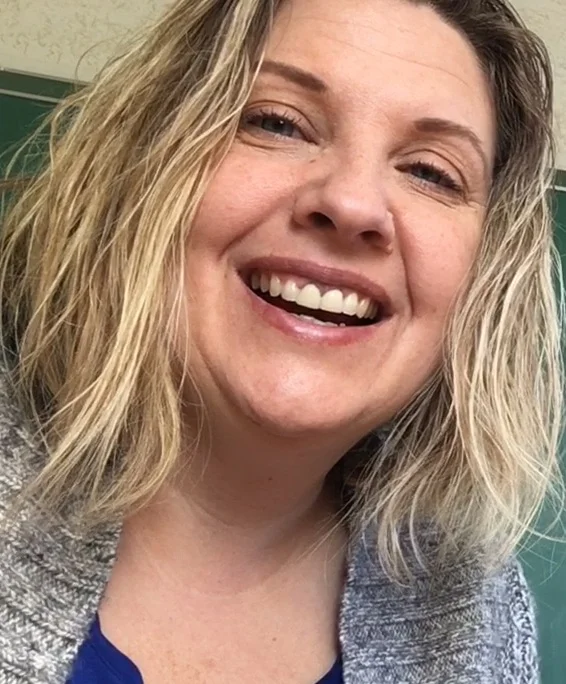So why bother with private speech therapy? What's it do?
Often times insurance won't reimburse for speech therapy even if it's clear your child needs it. In some cases, where there is an educational impact, your child may qualify for school based services. You should always check with your local school to find out what services may be available. Educationally based speech therapy is governed on the mandates of the law and is not the same as private therapy. However those differences are for another time.
When your child has speech-language based difficulties and insurance isn't offsetting the cost and/or your child doesn't qualify for county services, then you have a very conscious choice to make regarding private therapy. Yes, private therapy is a lot of money. However, the reality is that communication skills matter, social-language skills matter, and clear speech matters. Speech-language intervention facilitates the development of these skills. Everyone has good things to say and great thoughts to share. It's important that their message is clearly communicated.
I work with both young children and older youth. For the young ones, improved communication skills builds self-confidence, decreases frustration (for both child and parent!), and improves a child's ability to understand her world and express herself. Yes, that's very simplified. It does much more than that too, but those are some of the most important components. When you have a young child, speech therapy is for the parent as much as for the child. When parents know what to do and "how" to facilitate their child's development, it makes all the difference in the world. My children didn't come with instruction booklets and I'm sure yours didn't either! When I feel that I don't have the skills necessary to help my child, that's when I turn to a professional. I find this concept to be a good gauge for parenting in general. If you feel that you don't know "how" to help your child or you are feeling stressed about your child's development, consider calling a professional. When searching for a therapist for your young child, be sure to choose one who specializes in pediatrics and who actively teaches parents what to do.
For the older ones, the same bar is true - if you feel it's beyond your ability to help your child, seek help. If your child is struggling with reading, learning, understanding, communicating, clarity of speech, social interactions or other speech or language based issues that you feel are outside of your realm of expertise, talk to a speech-language therapist. Calling in no way obligates you! Speech-therapists are able to answer your questions and tell you if an evaluation is warranted. Personally, with the older ones I specialize in voice and clarity of speech. The bottom line is that peers and adults tune out when they don't understand what's being said. Beyond that, the unfortunate reality is that people judge you based on the way you sound. It's not right or fair, but it happens. Your voice is one of the first things people notice. As children get older speech patterns become more engrained and can be more difficult to remediate. Also older children with speech issues are often teased, and this is no fun for anyone. Most importantly, back to my opening idea, they have great things to say. We want that communication to be judged and listened to on the merits of what was said, not on the "way" it was said. Speech therapy can help.
Yes, sometimes a child may "outgrow" her speech difficulties, but often this is not the case, especially when a child is past age 7. Personally, if I feel speech patterns are developmental and there's a chance that a child will "outgrow" the problem, I'll often suggest a home activities or a "wait and see" approach. For example, four year olds often cannot say R. However, if your 8 year old is having difficulty with that sound (or any sound), there is very little chance your child will "outgrow" it. It's a complex set of factors that will lead a speech-language therapist to recommend therapy. Family history, history of prior speech-language, learning difficulties, and other risk factors will all influence a therapist's recommendations.
